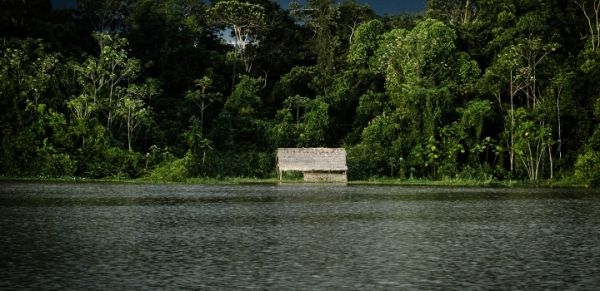The study investigated the social consequences of living both inside and outside Sustainable-Use Protected Areas containing aquatic and terrestrial ecosystems in Brazil’s state of Amazonas. Researchers used data from more than 80 local semi-subsistence communities along a 2,000-km section of the Juruá River, the second-longest tributary of the Amazon River.
Amazonian Sustainable-Use Protected Areas (PA) are a joint initiative sponsored by government agencies to expand protection of the Amazon rainforest in Brazil.
Communities inside the PAs consistently enjoy better access to health care, education, electricity, basic sanitation and communication infrastructure, according to research published in the Proceedings of the National Academy of Sciences (PNAS). The paper, ‘Sustainable-use protected areas catalyze enhanced livelihoods in rural Amazonia’, is published today.
Continue reading at University of East Anglia
Image via University of East Anglia


